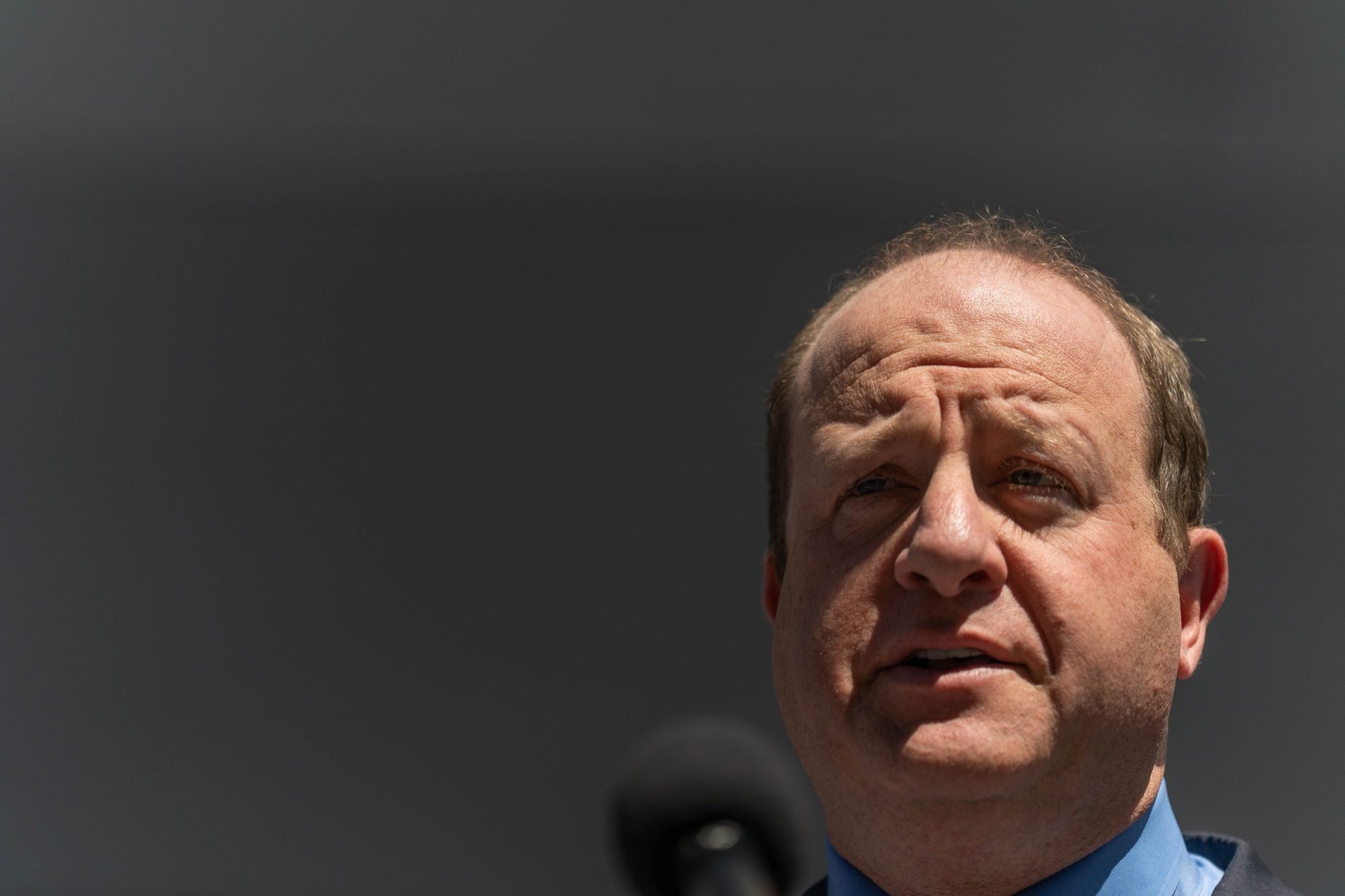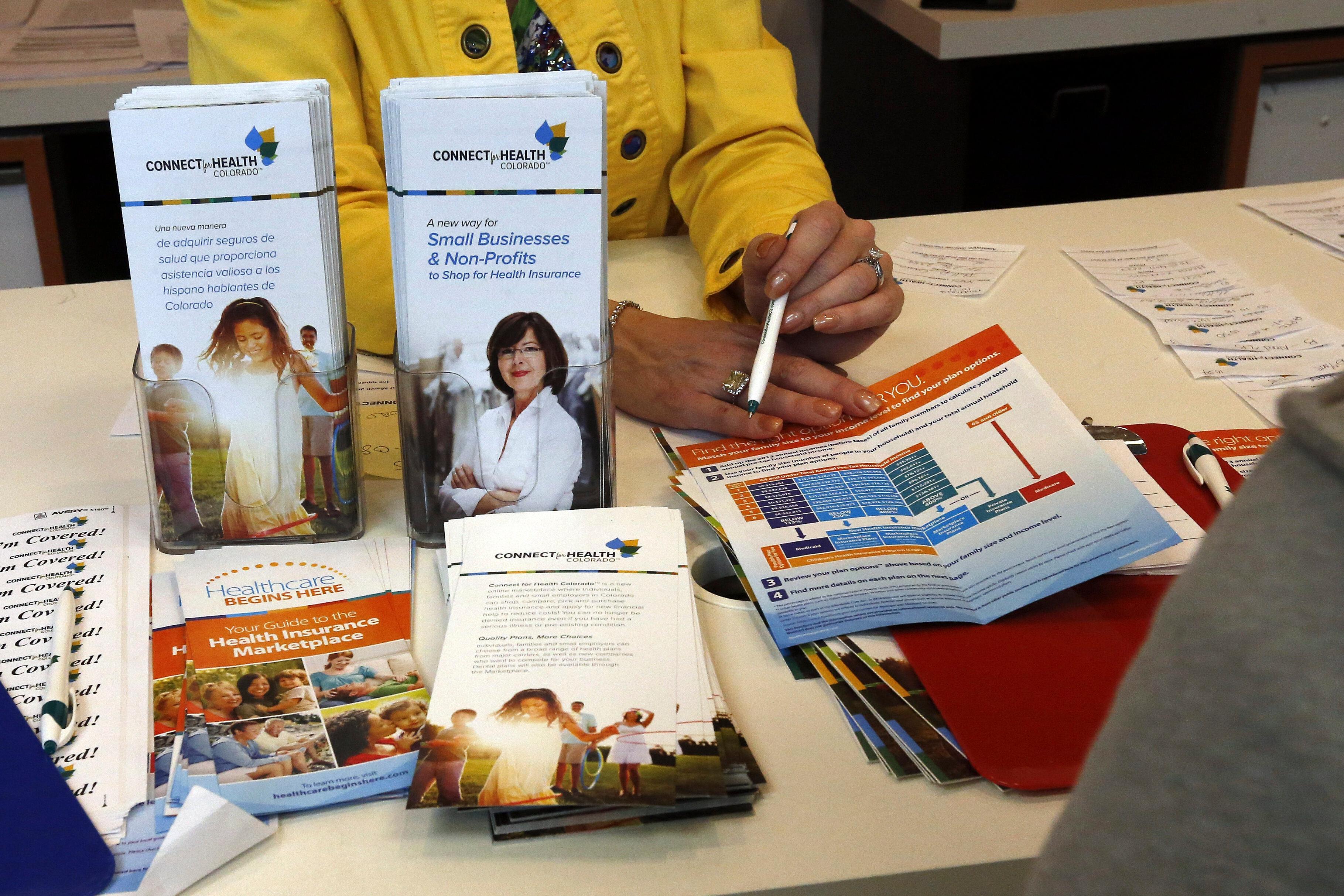
Gov. Jared Polis announced plans to expedite clean energy projects across Colorado on Friday, calling on state agencies to help utilities and residents dodge tariff impacts and take advantage of rapidly disappearing federal tax incentives.
“States across the county are competing to accelerate the deployment of affordable energy resources,” Gov. Polis said at a press conference at the Governor’s Residence in Denver. “What today’s action does is elevate our nation-leading work to make sure a lot of those clean energy investments come right here to Colorado.”
The announcement comes weeks after President Trump signed the One Big Beautiful Bill Act. The sprawling budget law sets a hard deadline for clean energy developers: to claim federal solar and wind tax credits, projects must begin construction within a year or begin operating by the end of 2027. The incentives were previously available through 2032.
Discounts for green home improvement projects will also end at the end of the year. That includes a 30 percent tax credit for rooftop solar panels, home batteries, geothermal heat pumps and other products, plus an additional incentive to offset the purchase of energy efficient appliances and insulation.
To raise awareness of the rebates, Gov. Polis announced a new online tool to help residents find existing energy bill assistance programs and discounts on green energy improvement projects.
The tool allows renters and homeowners to enter basic information about their property and income. It then lists applicable federal, state, local and utility-level programs that might help residents cut their energy bills and afford home energy upgrades
Polis also sent a letter to state agencies outlining strategies to accelerate clean energy development.
It mostly calls on his administration to double down on existing climate policies. Last year, for example, lawmakers approved a bill designed to encourage community solar development, which allows residents to subscribe to small- to medium-sized solar projects to offset their energy bill. The letter notes Colorado will “work to augment” utility efforts to build those projects.
Utilities also must go through an extensive regulatory process to purchase large-scale renewable energy projects. The letter notes the Colorado Public Utilities Commission will work to quickly greenlight applications quickly enough for energy providers to claim federal tax credits.
“That’s a really important component for us, making sure our PUC as well as our utilities, especially Xcel Energy, put their foot on the gas and keep moving fast,” said Ellen Kutzer, general counsel for the Colorado Solar and Storage Association.
Xcel Energy, Colorado’s biggest electricity and gas provider, is already pushing regulators to replace a closing coal plant with 14 gigawatts of new natural gas and renewable energy projects — enough to supply energy to more than a million homes. A consumer watchdog group has already warned that the proposal is too expensive and could saddle ratepayers with unnecessary costs.
The letter also hints at “forthcoming resource acquisitions,” which could suggest the state may solicit additional power projects tailored to qualify for the federal tax credits.
“You’re really seeing today Colorado stepping up and saying: we’re open for business and we’re here to help consumers save money,” said Kelly Nordini, the executive director of Conservation Colorado, an environmental advocacy group.









